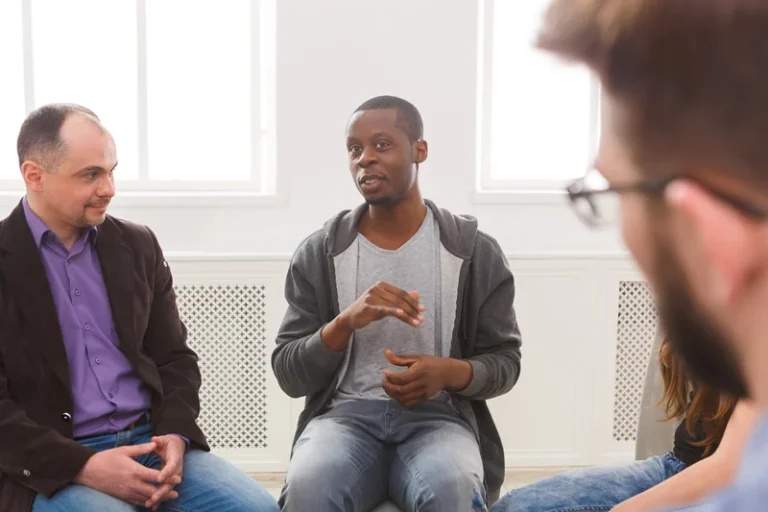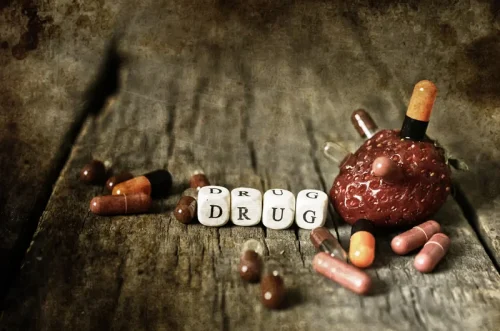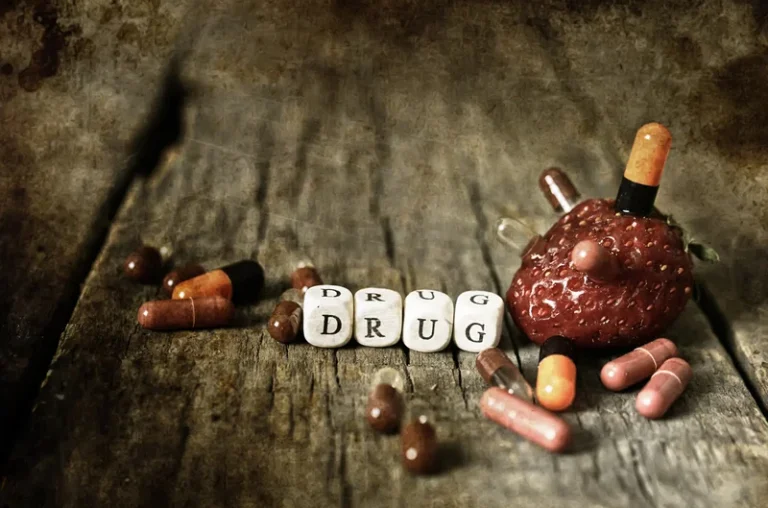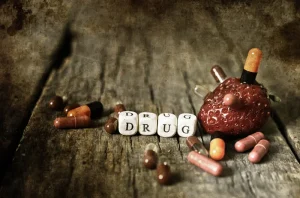Hangover Anxiety: How to Deal with Hangxiety - Alliance for Action AID
- Home
- Hangover Anxiety: How to Deal with Hangxiety
Feb 08 2021
Hangover Anxiety: How to Deal with Hangxiety

Additionally, the stress hormone cortisol is triggered after drinking alcohol, which can make a person feel more on edge and anxious. The term hangxiety describes feelings of anxiety, uneasiness, and irritability after excessive drinking. For individuals struggling with anxiety, particularly those who find that regular coffee exacerbates their symptoms, decaf coffee may offer a potential solution.

Preventing Anxiety Attacks from Alcohol
This doesn’t mean you have an alcohol problem, but it could be worth thinking about how much you’re drinking and whether it’s affecting your mental health. Hangxiety is the anxiety you feel after drinking alcohol, usually the next morning. While a regular hangover can make you feel sick, dizzy, or dehydrated, hangxiety brings in feelings of worry, nervousness, or even panic. It’s your brain and body’s way of reacting to alcohol after the buzz wears off. A 2003 study published in the Journal of Abnormal Psychology followed 412 depressed patients over a 10-year period. At the end of the study, 43% of people who drank to cope developed an alcohol use disorder, compared to only 15% of the participants who did not drink to cope.
Book a free same day online consultation
It is also important to practice anxiety attack after drinking good self-care, such as getting enough sleep, eating a healthy diet, and engaging in regular exercise. If you already suffer with anxiety issues anxiety from alcohol may take longer than a day to ease off. Remember, anxiety can not only be caused by concerns about your behaviour whilst under the influence of alcohol the previous evening – it can also solely be the result of this chemical process.
Alcohol is a drug like any other, and anything that affects your body like alcohol does has the potential to contribute a great deal to your panic attacks and anxiety more generally. For this reason, those that have panic attacks should strongly consider avoiding alcohol wherever possible. If someone suffers from alcohol use disorder (also known as alcoholism or alcohol dependence), quitting alcohol must be a priority. Alcohol can cause several long term health issues, in addition to some of the personal challenges that come from the disorder. Please review the linked description of alcohol use disorder, and if you need help, review this link for treatments and resources.
Social anxiety
Generally, hangxiety should begin to fade after 24 hours, but if you are drinking frequently, then you may often be in a state of hangxiety. It is very common for people who experience anxiety to self-medicate by consuming alcohol, which can drug addiction offer a temporary fix. In fact, research suggests that around 25% of people with panic disorder also have an alcohol dependence.

Fortunately, there are steps you can take to overcome and prevent this scenario. Let’s explore the key information you should know about dealing with an alcohol-induced panic attack. Other factors found in classic hangovers may also make you more likely to experience anxiety. Dehydration, for example, has been linked to increased feelings of anxiety. The more you drink, the more likely you are to induce chemical changes that can trigger panic attacks and other health problems. As a result, the best way to prevent panic attacks after drinking is to know your limits and avoid drinking to excess.
Can Anxiety Trigger Tourette’s-Like Symptoms? Understanding the Link Between Anxiety…

Let’s explore the connection between alcohol and anxiety in more detail. Anxiety attacks, also known as panic attacks, are intense episodes of fear and discomfort that can occur suddenly and without warning. They are often characterized by a surge of overwhelming anxiety and a sense of impending doom. These attacks can be triggered by various factors, including stress, certain phobias, and in some cases, alcohol consumption. Moreover, alcohol-induced changes in sleep patterns, mood regulation, and overall brain function can further worsen anxiety symptoms over time. It’s essential to recognize the potential for alcohol use to exacerbate anxiety and to seek healthier coping mechanisms and support systems to manage anxiety effectively.
If sleeping is difficult, try quiet, restful activities like reading or listening to calm music. Alcohol is a diuretic, which means it can increase the production of urine and can lead to dehydration, exacerbating the symptoms of hangxiety. To counteract this, drink plenty of water before, during, and after consuming alcohol. One of the most effective ways to avoid hangxiety is to control how much alcohol you consume.
The Link Between Alcohol and Panic Attacks—and How to Cope
They found ‘substantial improvements’ not only with liver function (which you would expect) but also in the quality of sleep. The Independent has reported that alcohol holds back glutamine – which keeps you awake. Once you’ve stopped drinking (and gone to bed), the body floods the body with glutamine trying to wake you up making it more difficult to get a good night’s sleep. If you’re wondering whether ‘staying dry’ and avoiding alcohol will make a difference to how you feel, then take note from research by London’s Royal Free Hospital. They monitored 102 men and women who were regular drinkers during a month of no drinking.
- This feels like intense tightness, and the sensation is similar to a muscle cramp.
- Feeling anxious is likely nothing new, particularly if you have lived with some form of learning or developmental disability.
- This is especially true for drugs that can cause anxiety when you’re coming down, such as MDMA, ketamine or cocaine.
- As the initial calm feeling fades you can feel anxiety as the effects of the alcohol wear off.
- For many anxiety sufferers, the idea of giving up their beloved coffee seems like an impossible task.
- They usually start when people are in their twenties but can also happen to teenagers.
How Alcohol Can Trigger Anxiety Attacks

They might suggest limiting or avoiding alcohol if it causes or worsens anxiety and depression symptoms. The sense of relaxation you feel when you drink can often be attributed to your blood alcohol content (BAC). A rise in BAC levels leads to temporary feelings of excitement, but feelings of depression occur as BAC levels fall. As a result, it’s possible that having a few drinks that make your BAC rise and then fall back to normal again can make you more anxious than you were before.
Ways Alcohol Affects Mental Health
- That’s why drinking can help you feel relaxed in the short-term, especially in social situations.
- We incorporate evidence-based therapies into individual counseling, family therapy, and group sessions.
- Meditation and yoga can lower your heart rate, ease other symptoms, and steady your breathing.
- Before you start drinking, set an intention around how much you want to drink.
Alcohol is a poison and there is no safe level of alcohol consumption. In her practice, Turner teaches alcohol moderation, a strategy that could help you avoid some of the negative effects of alcohol. Sometimes, talking yourself through what you’re afraid of and challenging that fear can help you manage it. If you were with a close friend, you might feel reassured by talking to them. But for the moment, it might help to take a few minutes and examine your thoughts.
- Open Hours of AFAA: Mon - Fri: 8.00 am. - 6.00 pm.
- Hai Tarawa, Head office, Juba, South Sudan
- +211916165022 , +211 918505019, +211 918505019

Leave A Comment